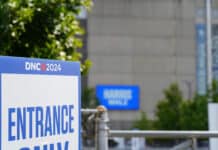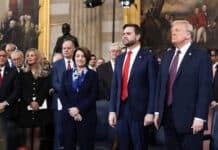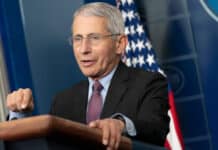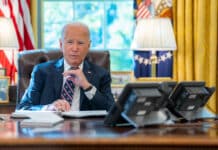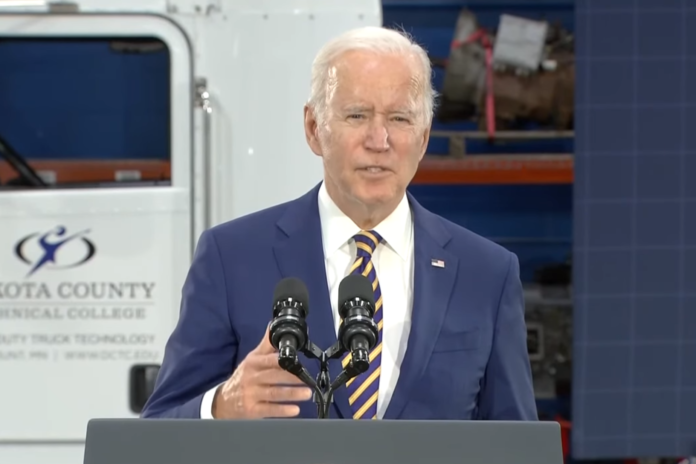
President Joe Biden visited the state of Minnesota on Wednesday to discuss the recently passed and signed Bipartisan Infrastructure Law.
Appearing at Dakota County Technical College (DCTC) in the city of Rosemount, Biden hailed the passage of the $1 trillion bill and singled out Democratic members of the Minnesota delegation for making it possible, including Sens. Amy Klobuchar and Tina Smith and Reps. Angie Craig, Dean Phillips, and Betty McCollum.
The president signed the bill into law on Thanksgiving Day. He told the audience at DCTC that the bill is about rebuilding and investing in America.
“Our infrastructure used to be rated the best in the world,” he said. “But according to the World Economic Forum, we now rank 13th in the world in terms of the quality of our infrastructure.”
“No more talking. Time for action.”
The Bipartisan Infrastructure Law, according to Biden, represents the largest investment in American roads and bridges in 70 years. It will modernize ports and airports, replace all lead pipes, expand broadband infrastructure, and thus make high speed internet more affordable.
The bill will also attempt to blunt the impact of “climate change” and its impact on extreme weather events, such as the fire at the Superior National Forest near Duluth in August.
According to KARE 11, Minnesota is slated to receive $7 billion from the infrastructure bill over the next decade. $4.5 billion will be allocated for highways, $680 million for improvements in water infrastructure, and $302 million for bridge replacements and repairs, among other provisions.
President Biden explicitly tied the bill to his broader “Build Back Better agenda,” a catch-all term for trillions in funding for numerous social programs. He said DCTC students will play a crucial role in “building back better” over the coming decades, given their training in construction management, electric vehicle repair, and installation of charging stations.
The Build Back Better agenda, the president claimed, aims to make education “more affordable,” invests in job training programs, and expands apprenticeships — all of which he hopes have a positive impact on younger members of Minnesota’s blue-collar class.
“Investing in core infrastructure projects should be a bipartisan goal, but the runaway spending from the President and Congress on non-infrastructure related items is harming the economy by causing inflationary increases to everyday costs for Minnesotans,” Minnesota Senate Majority Leader Jeremy Miller said ahead of the president’s visit. “When we need to be coming together to get Minnesotans on track after two years of pandemic restrictions, this Washington spending spree is going to hit all Minnesotans’ pocketbooks even harder.”












